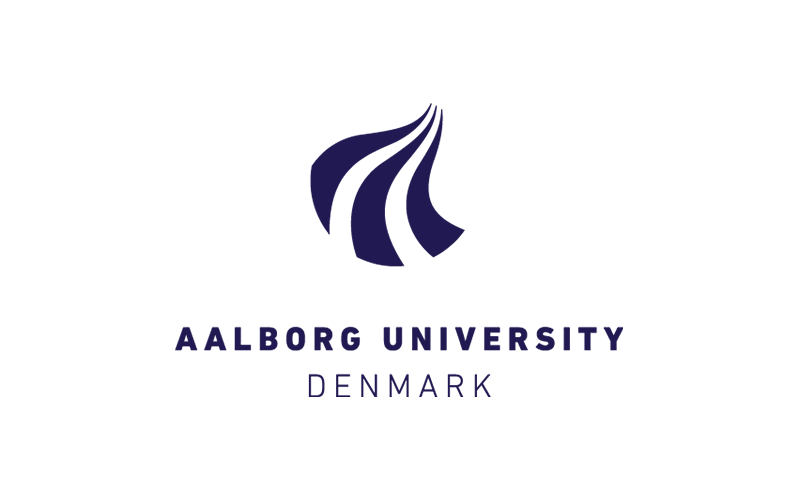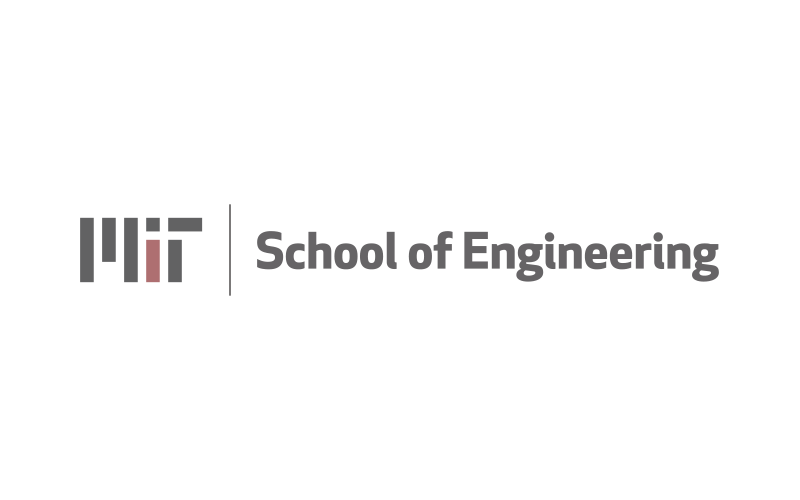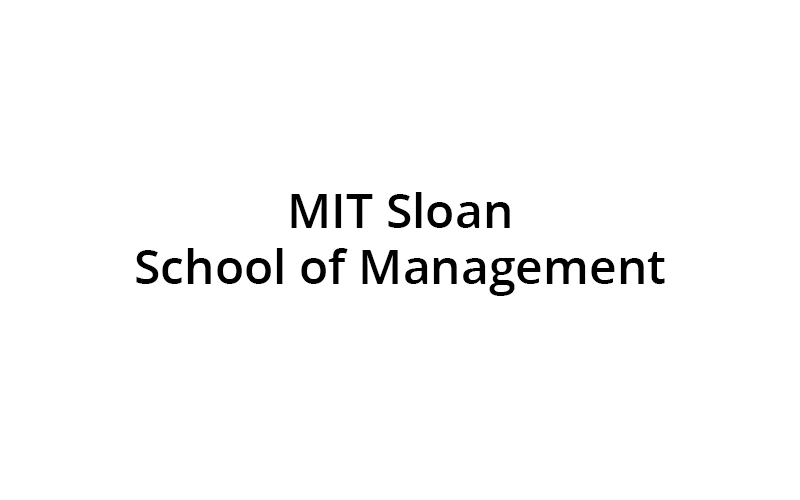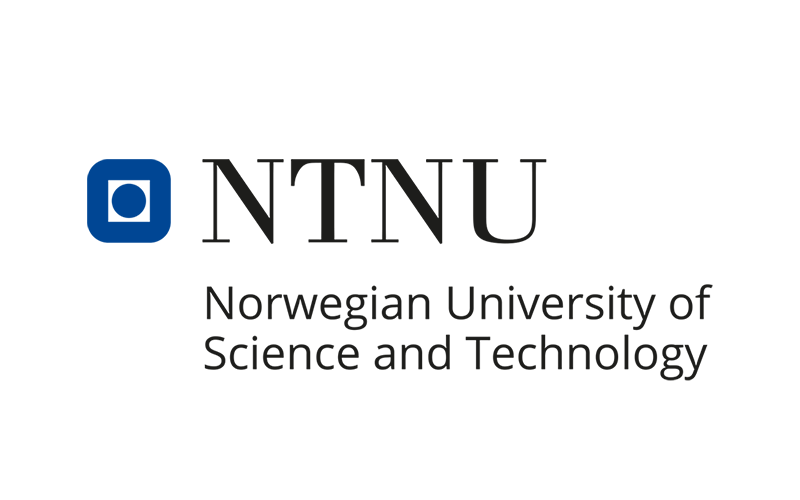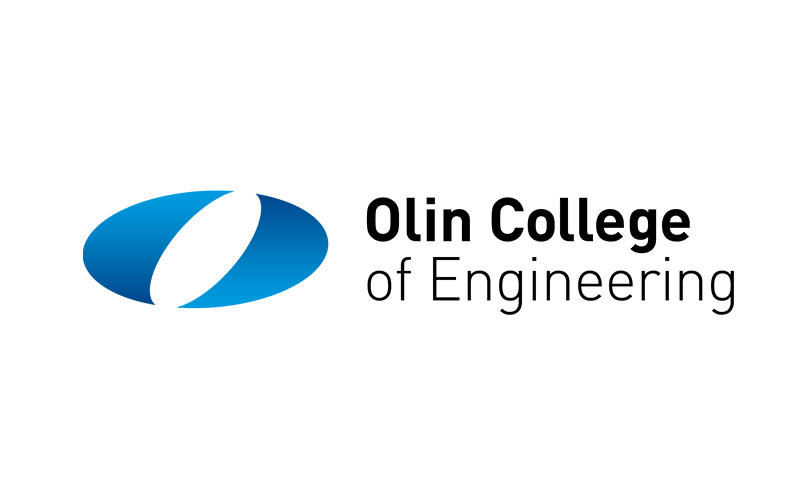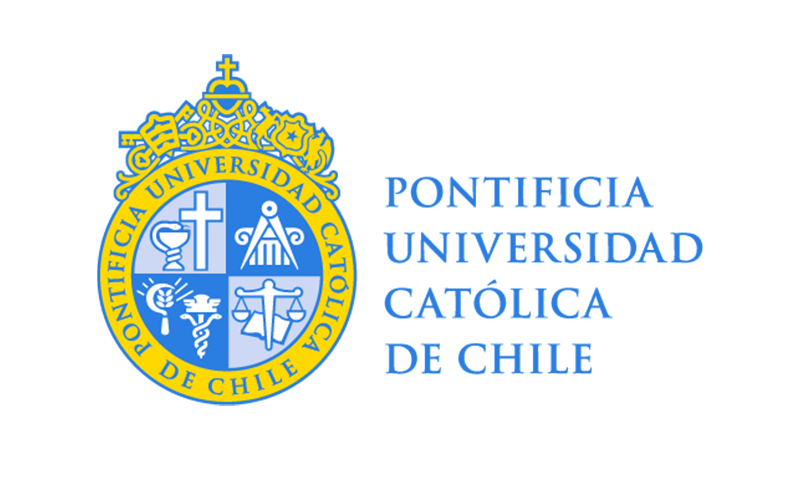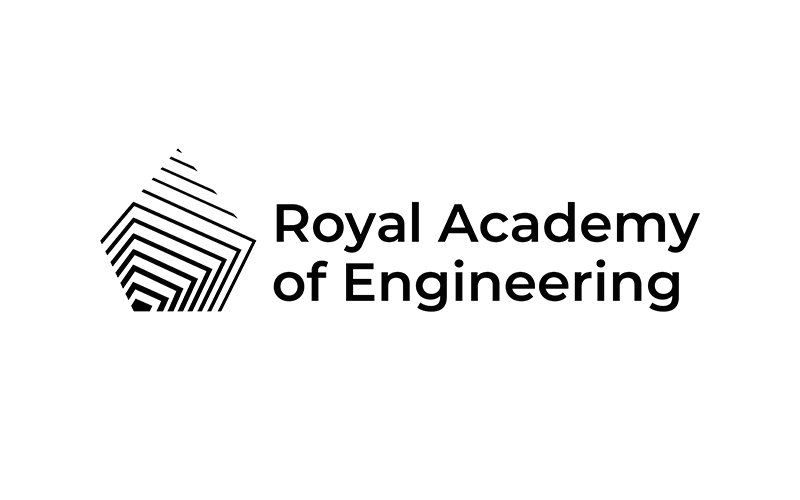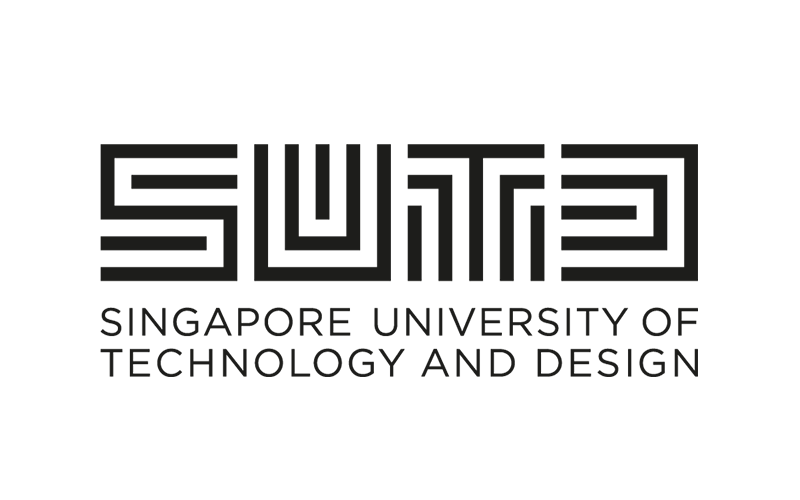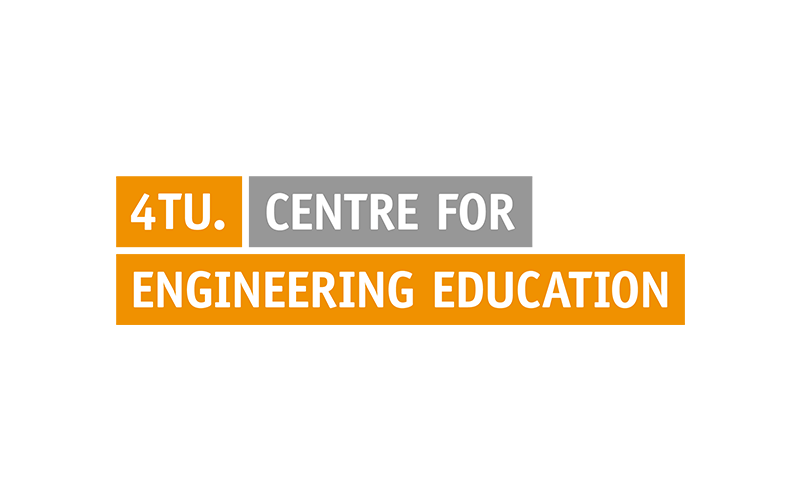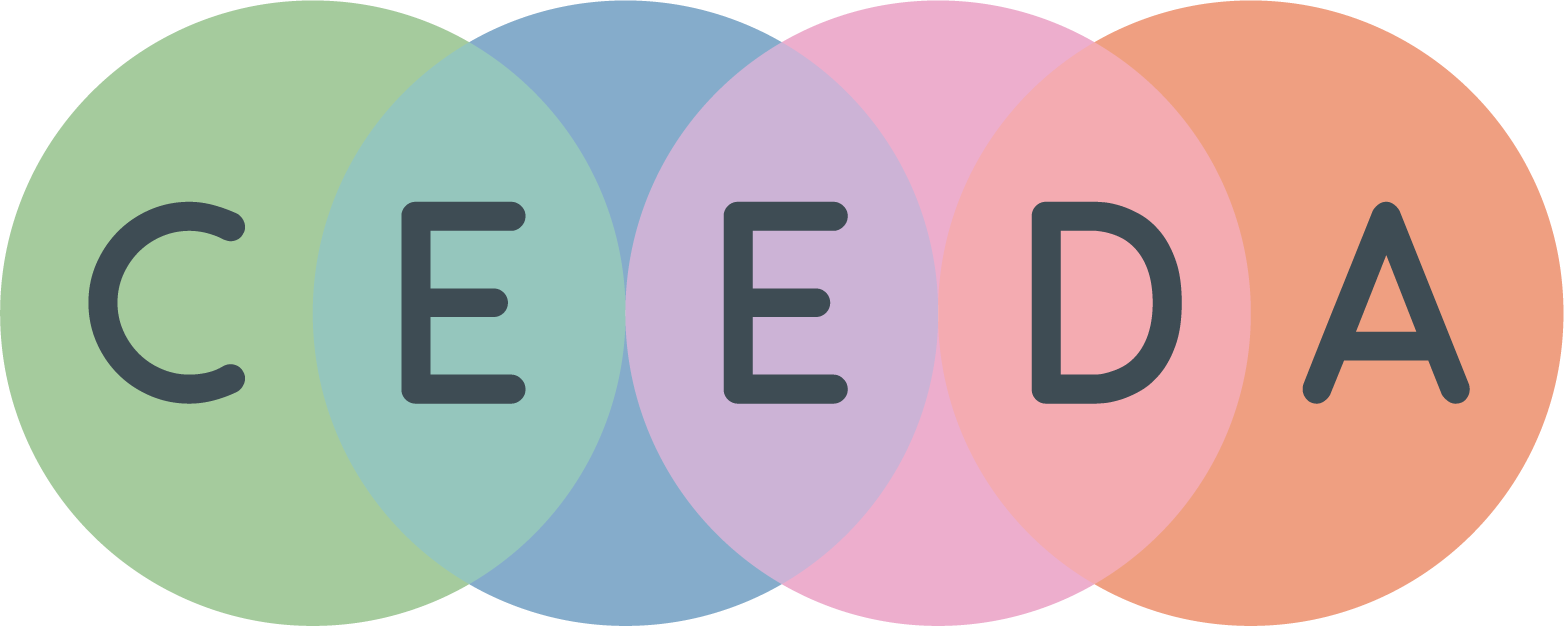About CEEDA
The CEEDA study
CEEDA explores the lessons learnt from the current period of ‘emergency teaching’ due to the COVID-19 pandemic, and how this experience might impact the trajectory of engineering education.
The study comprises two major elements:
- CEEDA report: A sector-wide synthesis of the experiences of emergency teaching and expectations for change to the sector, which draws upon one-to-one interviews with thought leaders and practitioners in engineering education from across the world.
- CEEDA website: Case studies from selected universities to showcase best practices in remote collaborative learning and illustrate institutional responses to emergency teaching.











Case studies
CEEDA case studies are taken from the universities highlighted as world leaders in the 2018 MIT report on the global state of the art in engineering education.
Each case study is divided into two parts:
- Part A Best practice activity: An example of best practice in collaborative online learning in engineering at the case study university, including details of the activity’s design and delivery.
- Part B Institutional context: Contextual information on the university’s response to emergency teaching and how the pandemic has influenced their educational vision in engineering.
Case studies are built from semi-structured interviews with key stakeholders to both the activity/course under examination, and the engineering education programme as a whole. Interviewees include university/school leaders, faculty, teaching assistants, students, and other internal and external collaborators. Case studies are developed and documented independently by the project lead.
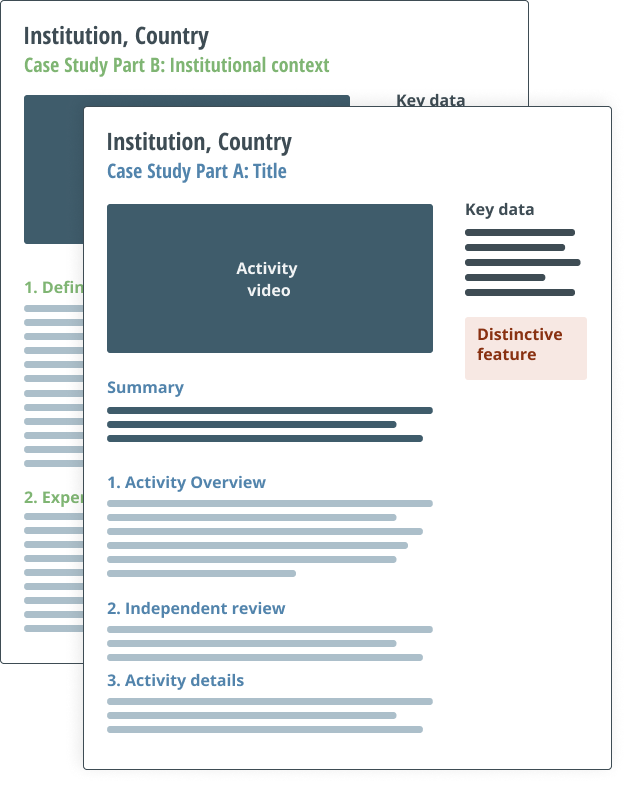
Case study timeline
Research and advisory group
The research is led and undertaken by Dr Ruth Graham, a consultant in higher education. Dr Graham’s consultancy activities are focused on fostering change in higher education and helping to improve the quality and impact of teaching and learning worldwide.

Advisory group
The research is guided by an academic advisory group, to ensure that the project responds to the most pressing needs of the engineering education community at this time of rapid change. Membership of the advisory group is drawn from the co-funding institutions, with group members listed below:
- Aalborg University, Denmark:
Anette Kolmos
(Professor and Director of the Aalborg Centre for Problem-Based Learning in Engineering Science and Sustainability) - EPFL, Switzerland:
Pierre Dillenbourg
(Vice President for Education) - MIT School of Engineering, US:
Ed Crawley
(Professor and Co-Director of NEET) - MIT Sloan School, US:
Lori Breslow
(Senior Lecturer and founding Director of MIT Teaching and Learning Laboratory) - Norwegian University of Science and Technology, Norway:
Geir Egil Dahle Øien
(Professor and Project Manager “Technology Education of the Future”) - Olin College of Engineering, US:
Jessica Townsend
(Professor and Interim Academic Vice President) - Royal Academy of Engineering, UK:
(tbc) - SUTD, Singapore:
Pey Kin Leong
(Associate Provost for Undergraduate Studies) - Tec de Monterrey, Mexico:
Jaime Bonilla-Ríos
(Associate Dean, School of Engineering and Science) - UC, Chile:
Jorge Baier
(Associate Dean for Education, UC Engineering) - UCL, UK:
Emanuela Tilley
(Professor and Director of UCL’s Integrated Engineering Programme) - 4TU, Netherlands:
Antoine van den Beemt
(4TU Centre for Engineering Education Chair)
Co-funders
The research is co-funded by a consortium of universities and organisations with a particular interest in collaborative engineering learning and/or the use of educational technology in the engineering curriculum.
